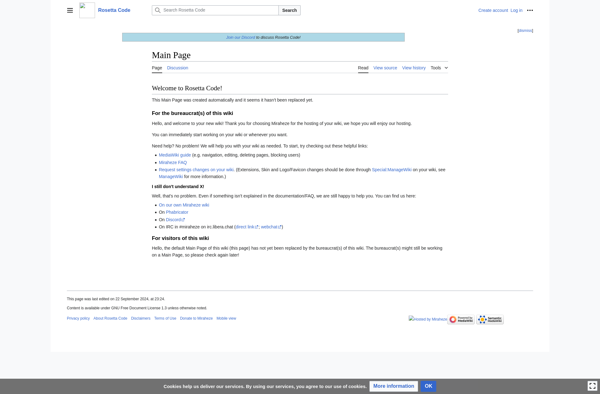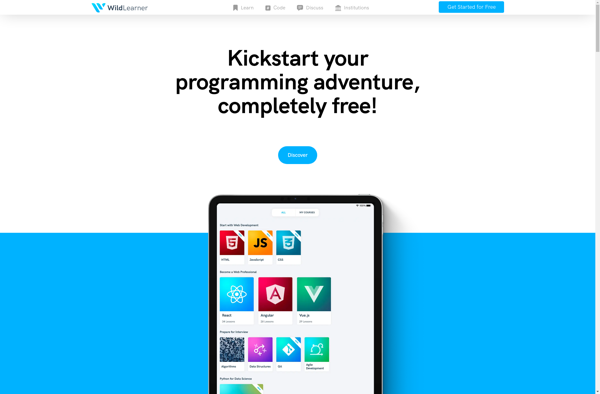Rosetta Code

Rosetta Code: A Programming Chrestomathy Website
A platform showcasing solutions to the same task in various programming languages, highlighting language features and algorithm implementations.
What is Rosetta Code?
Rosetta Code is a crowdsourced resource and programming chrestomathy for computer programming languages and algorithms. The site presents solutions to various tasks across multiple programming languages, to demonstrate how the same algorithm and data structures can be implemented in different ways.
The goal of Rosetta Code is to provide concrete examples to aid learning to program and understand programming languages. By implementing the same tasks in various languages, differences and similarities between languages become apparent. Rosetta Code currently has over 1,000 tasks, with solutions provided in over 700 programming languages.
All content on Rosetta Code is contributed by volunteers and coordinated through a MediaWiki website. Tasks range from simple (e.g. Hello World program) to more complex algorithms and data structures (sorting algorithms, encryption, etc.). Solutions must be compilable/executable and clearly demonstrate the feature or algorithm relevant to the task.
In addition to being a resource for programming education, Rosetta Code also serves as a catalog of implementations that programmers can reference when porting an algorithm to a new language. The diversity of languages also makes Rosetta Code uniquely qualified to host discussions contrasting different language design decisions and programming paradigms.
Rosetta Code Features
Features
- Presents programming tasks and their solutions in various languages
- Demonstrates how to implement algorithms in different programming languages
- Shows language features and capabilities through example code
- Large collection of code examples and solutions for common programming problems
- Allows side-by-side comparison of solutions in different languages
- Covers major programming paradigms like procedural, object-oriented, functional etc.
- Focused on being a practical programming reference and learning tool
Pricing
- Open Source
- Free
Pros
Cons
Official Links
Reviews & Ratings
Login to ReviewThe Best Rosetta Code Alternatives
Top Development and Programming Languages & Tools and other similar apps like Rosetta Code
Here are some alternatives to Rosetta Code:
Suggest an alternative ❐SoloLearn

CodinGame

Codingbat

WildLearner
